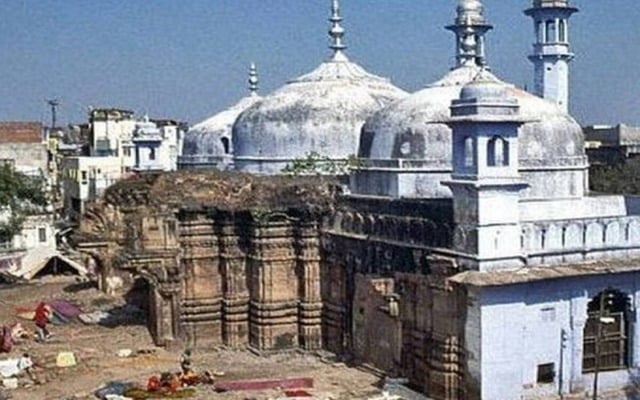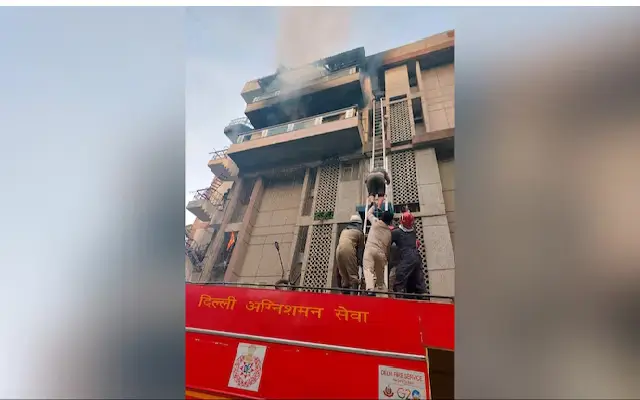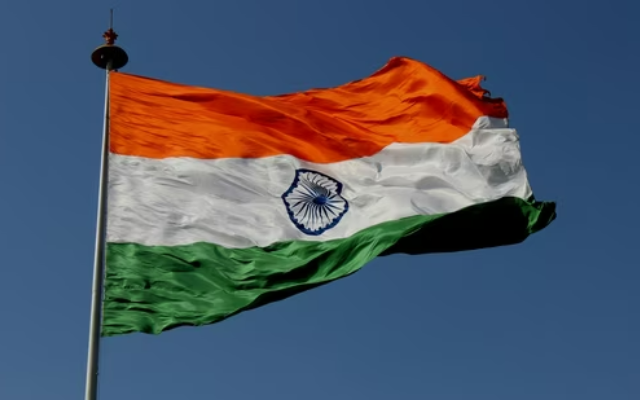Varanasi: July 23, In the midst of an ongoing legal dispute, a Varanasi court has directed the Archaeological Survey of India (ASI) to conduct a comprehensive scientific survey of the Gyanvapi mosque, which is situated adjacent to the revered Kashi Vishwanath temple. District Judge AK Vishwesha has issued the directive, specifying that the survey should be conducted between 8 am and 12 noon. The ASI has been given a deadline to submit its report by August 4.
The scope of the survey, however, will exclude the ‘wazukhana’ or the fountain area, where Hindu litigants previously claimed to have found a ‘Shivling’ during a previous survey. This decision comes in accordance with an earlier order from the Supreme Court. The ‘wazukhana’ holds significance for Muslim worshippers who perform ritual ablutions there. Notably, in May, the Supreme Court had put a hold on an Allahabad High Court order that permitted the ASI to conduct carbon dating of the ‘Shivling’.
The primary objective of the scientific survey is to determine whether the Gyanvapi mosque was constructed on the remnants of a pre-existing Hindu temple structure. The issue has been a subject of contention and legal battles.
Responding to the court’s order, Mohammed Tauhid Khan, counsel for the mosque management, expressed disapproval and stated their intention to challenge the directive in a higher court. He asserted that the survey might pose a risk of damage to the historic mosque.
The case gained attention earlier when five women approached the Varanasi court seeking permission to offer prayers at the “Shringar Gauri Sthal” located within the shrine complex.
Over time, a series of court orders prompted the ASI to conduct a videographic survey of the Gyanvapi complex in May of the previous year. The survey report suggested the possibility of the fountain area being a Shivling, a claim rejected by the Muslim side, who maintained that the structure was simply a fountain.
The petitioners argue that the site housed a Swayambhu Jyotirlinga (a symbol of God Shiva) for centuries, until it faced repeated destruction by Muslim rulers, starting from Mahmud Ghazni’s attack in 1017. They also cited a decree issued by Mughal emperor Aurangzeb in 1669, ordering the demolition of the temple of Adivisheshwar at the disputed site.
Given the complex and sensitive nature of the Kashi Vishwanath temple-Gyanvapi mosque dispute, the petitioners’ counsel has maintained that only a comprehensive archaeological investigation of the entire complex can provide a resolution to the matter. As the legal proceedings continue, all parties involved await the outcome of the ASI’s scientific survey, which is expected to shed light on the historical significance of the site and its religious heritage.

















